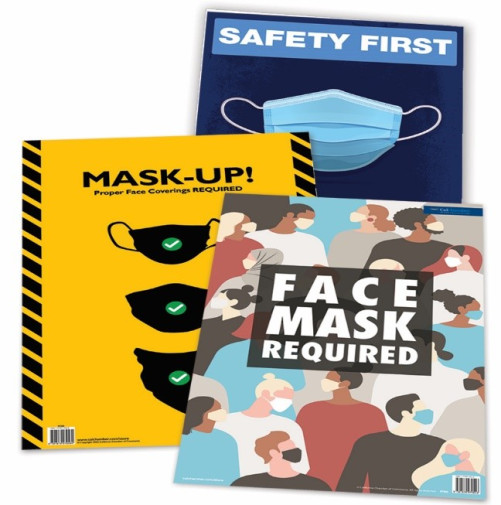It’s been almost two weeks since the California Department of Public Health (CDPH) required Californians to wear a cloth face mask when outside the home, with limited exceptions. As cases of COVID-19 rise, it’s becoming increasingly more important to wear a mask to slow the disease’s spread — and ultimately, the face mask requirement helps businesses to stay open during these uncertain times.
In response to California seeing a surge of COVID-19 cases in some counties, the CDPH required seven counties to close their bars immediately and recommended eight other counties do the same. Bars were targeted specifically because these environments lead to reduced compliance of personal protective measures, including use of face coverings, and they require raised voices, which leads to greater projection of potentially infected droplets.
The Centers for Disease Control and Prevention (CDC) reminds us that cloth face coverings help protect people around you and most likely reduce the spread of COVID-19 when they are widely used in public settings. Requiring employees and customers wear face coverings helps prevent the spread of COVID-19, which in turn keeps businesses open.
Remember, California’s June 18 Guidance for the Use of Face Coverings included that Californians must wear a face covering when engaged in work, whether at the workplace or performing work off-site, when:
- Interacting in-person with any member of the public;
- Working in any space visited by members of the public, regardless of whether anyone from the public is present at the time;
- Working in any space where food is prepared or packaged for sale or distribution to others;
- Working in or walking through common areas, such as hallways, stairways, elevators, and parking facilities; and
- In any room or enclosed area where other people (except for members of the person’s own household or residence) are present when unable to physically distance.
Individuals are exempt from these guidelines in limited circumstances. California also has industry-specific guidance on reducing the risk of COVID-19, which includes childcare, day camps, delivery services, office workspaces and real estate transactions.
Keep an eye out for updated requirements as the COVID-19 pandemic evolves.
